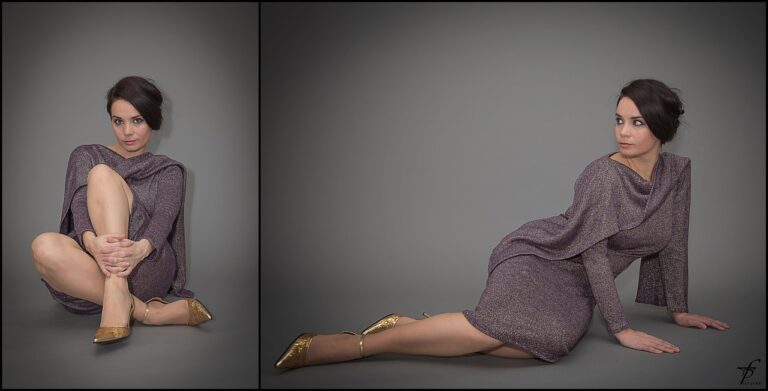Fashion Journalism: Ethical Reporting in the Industry: 11xplay, India 24 bet login registration, Skyiplay
11xplay, india 24 bet login registration, skyiplay: Fashion journalism plays a crucial role in the industry by reporting on trends, events, and news related to fashion. However, with the rise of social media and clickbait culture, ethical reporting has become more important than ever. In this article, we will delve into the topic of ethical reporting in fashion journalism and explore the responsibilities and challenges that come with it.
What is Fashion Journalism?
Fashion journalism encompasses the reporting, writing, and editing of fashion-related content for various media outlets, including magazines, newspapers, websites, and social media platforms. Fashion journalists cover a wide range of topics, including runway shows, designer collaborations, industry news, and cultural influences on fashion.
The Role of Fashion Journalists
Fashion journalists play a vital role in the industry by informing and influencing consumers, designers, and other stakeholders. They help shape the conversation around fashion, spotlight emerging talents, and provide a critical perspective on the industry. Fashion journalists also act as watchdogs, holding brands and influencers accountable for their actions and decisions.
Challenges in Fashion Journalism
Despite its importance, fashion journalism faces several challenges, including bias, conflicts of interest, and pressure to produce click-worthy content. In an industry that thrives on partnerships and sponsorships, it can be difficult for journalists to maintain their objectivity and independence. Additionally, the fast-paced nature of fashion reporting can lead to inaccuracies and sensationalism.
Ethical Reporting in Fashion Journalism
Ethical reporting in fashion journalism is essential to maintain credibility and trust with readers. Journalists must adhere to a set of principles and guidelines to ensure that their work is fair, accurate, and ethical. Some key aspects of ethical reporting in fashion journalism include:
1. Transparency: Journalists should disclose any conflicts of interest, sponsorships, or partnerships that may influence their reporting. Transparency is key to building trust with readers and maintaining journalistic integrity.
2. Fact-checking: Accuracy is paramount in journalism, especially in a fast-paced industry like fashion. Journalists must verify their sources and information to ensure that their reporting is factual and reliable.
3. Independence: Journalists should strive to maintain their independence and avoid being swayed by outside influences. It is essential to report the news objectively and without bias.
4. Sensitivity: Fashion journalism covers a wide range of topics, including cultural appropriation, body image, and sustainability. Journalists must approach sensitive subjects with empathy and respect for all perspectives.
5. Accountability: Journalists should be accountable for their work and be willing to correct mistakes or clarify information when necessary. Accountability builds credibility and trust with readers.
6. Diversity and Inclusion: Fashion journalism should reflect the diversity of the industry and its audience. Journalists should strive to amplify marginalized voices and highlight underrepresented stories.
FAQs
Q: How can fashion journalists avoid conflicts of interest in their reporting?
A: Fashion journalists should disclose any potential conflicts of interest and maintain their independence and objectivity in their reporting.
Q: What should journalists do if they make a mistake in their reporting?
A: Journalists should promptly correct any errors and clarify any misleading information to maintain their credibility with readers.
Q: How can fashion journalists ensure that their reporting is accurate and reliable?
A: Journalists should fact-check their sources and information, verify the accuracy of their reporting, and seek multiple perspectives on a story to ensure its reliability.
In conclusion, ethical reporting is a cornerstone of fashion journalism and is essential to maintain credibility and trust with readers. By following principles of transparency, accuracy, independence, sensitivity, accountability, and diversity, fashion journalists can uphold the highest standards of ethical reporting in the industry.







